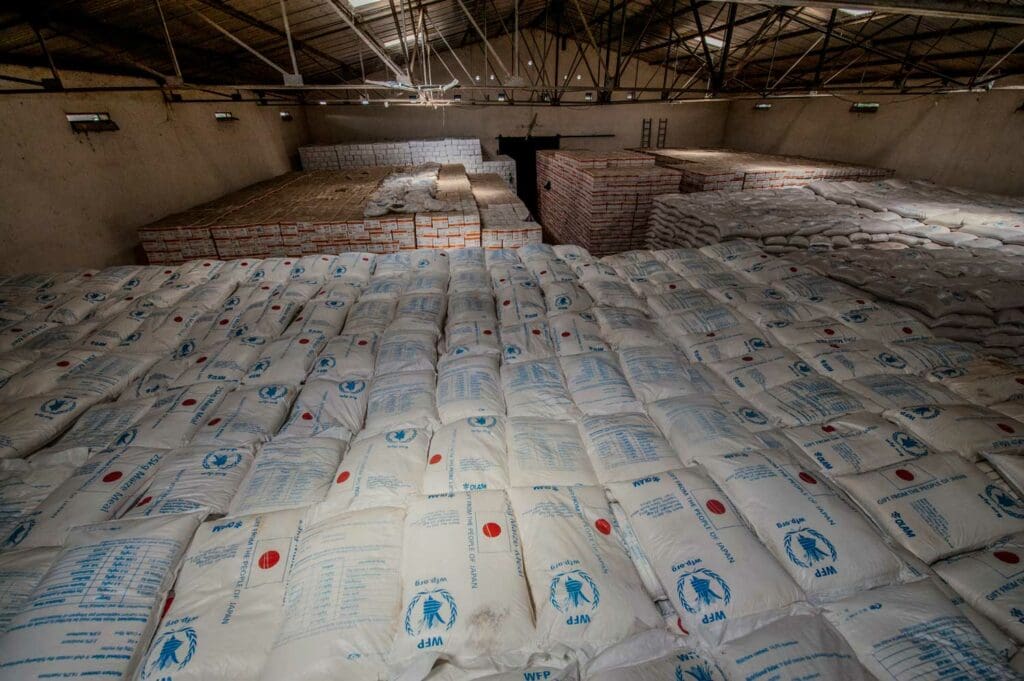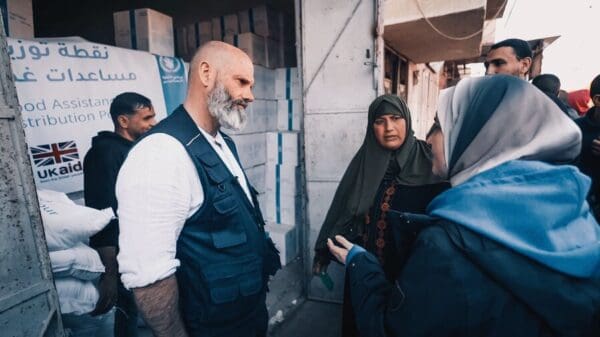Q&A: A Day In The Life Of A Tally Assistant

Asia Bahar works as a Tally Assistant for WFP’s office in Afghanistan. Below, she explains what her job involves and why logistics expertise is so crucial to WFP’s mission.
What’s your average day like?
Preparing reports on the delivery of food and other supplies—including the type and amount of dispatched food, the expiration dates, intended destination and so on—preparing documents explaining where and when the convoys should move, supervising the milling, supervising the loading and unloading of food, helping with fumigation exercises, and doing stock-counting.
What’s the most common misconception about your job?
That food can be released and distributed whenever needed, without logisticians being given enough time to carry out the required processes. Also, some people believe that it is up to us logisticians at the warehouse to decide who food is distributed to.
What has been one of the highlights during your time at WFP?
When we had to do multi-tasking due to a shortage of staff, and with food arriving from abroad through one of the corridors we’re using in Afghanistan. We sent food to projects and to WFP offices in other regions, and took care of milling process and the stock count…phew! There are many highlights that I could mention!
What is the most rewarding part of your job?
Assisting and helping the most vulnerable people in the country.
What’s the most frustrating part of your job?
The negative attitude and behavior towards me as a female logistician, especially when I’m working with a group of male laborers and truck drivers during loading and unloading exercises.
What do you wish people understood about your job?
That it is part of a process that leads to smooth and prompt food dispatch. It may not sound so moving and interesting, but in fact it’s one of those jobs that significantly matters in ensuring food reaches the hands of the poor.
What are the main attributes you need to for this kind of role?
Technical and linguistic skills, which can help me improve and perform a better-quality job. It’s important to be aware of training opportunities therefore.
Any additional insights you’d like to add?
That the job itself involves dealing with other logisticians, truck drivers and workers, to ensure food is stored and dispatched appropriately. Beyond this though, as a human being, it is like fulfilling a responsibility towards your fellow people as a humanitarian worker and ensuring they receive assistance for their sufferings.




